During the plenary session of October 20th, 21st, and 22nd, the European Parliament defined the architecture and the main lines of CAP reform it intends to see implemented from 2023 onwards and which it will defend during the negotiations that will begin in November with the Council, in the presence of the Commission (Trilogues). Voting on the other sessions will take place in the following days.
The European Parliament, as the bearer of a European and common ambition for the Common Agricultural Policy, has chosen, in all responsibility, to move away from the reform proposal presented in 2018 by the European Commission. Farm Europe, who warned since the Commission proposal about the risks of a renationalization, welcomes the fact that the European parliament has rectified the direction, by underlying the “C” in the CAP.
Faced with a proposal that would split the CAP into 27 national policies, with a higher risk of market distortions, by cutting the relationship between Europe and the final beneficiary of this policy and by placing on the Member States’ shoulders the essential responsibilities, the European Parliament voted by a very large majority (more than 2/3) in favour of:
- a policy with common agricultural, environmental and social ambitions for all the territories of the European Union,
- a policy to reconcile the economy and the environment, for European agriculture and for our rural areas,
- a policy that is transparent in the management of European funds and capable of demonstrating its effectiveness and measuring the results it generates,
- a policy that does not confuse necessary flexibility with renationalisation,
- lastly, a policy endorsing the European social acquis.
Noting that sustainable economic development can only be achieved on the basis of true sustainability, just as effective environmental management and the fight against climate change require economically prosperous actors, the MEPs propose a rebalancing of the priorities and tools of both the 1st and 2nd pillars around a search for dual economic and environmental performance.
The work carried out by key MEPs from the main political groups, following on from the one already set in May 2019 by the rapporteurs of the previous legislature, has been remarkable, even if some issues, such as the common ambition of eco-schemes, are still under work. It brings meaning and realism to the first European policy to regain its raison d’être: a policy through which the European Union invests in its future through its agriculture and rural areas.
This is an essential first step in order to start negotiations in Trilogues, as soon as the Council of Agriculture Ministers, too, will be in a position to do so with a general approach bearing a European ambition and moving away from the initial reactions of seeking maximum flexibilities to the detriment of the common good that only a European dimension can ensure.
– – – –
Background
European Parliament’s position on the CAP adopted on October 20th, 2020
- Bringing the 1st and 2nd pillars of the CAP into line with each other through a quest for double performance
- The European Parliament confirms the principle of national strategic plans to be presented by each Member State. These plans, which must ultimately be approved by the Commission, will define the ways and means that each Member State will mobilize in order to meet the objectives defined by the CAP.
- Within this framework, each of the two pillars should contribute to the ecological transition and the economic performance of European agriculture.
- 1st PILLAR
- Any beneficiary of CAP aid will have to respect common EU cross-compliance rules in addition to the current cross-compliance and greening rules. As such, 5% of arable land will have to be devoted to EFAs and crop rotation will have to be carried out. The definition of this rotation remains an open question, as does the coherence between the inclusion of leguminous in the EP’s position and the agronomic reality of these crops.
- 60% of the funds of the 1st pillar of the CAP will have to be allocated, in each Member State, to the financing of basic income support, redistributive aid (with a minimum of 6%), coupled aid and operational programmes,
- 30% of the 1st pillar will have to be allocated over the period to the new green measures of the 1st pillar (eco-schemes). These will have to meet ecological transition objectives while at the same time aiming to improve the economic situation of farms. The measures that will be defined by the Member States in this framework of eco-schemes will have to fit into proposed areas of action, among which carbon sequestration, reduction of the use of inputs, agro-ecology or precision agriculture have been retained by the EP. Delegated acts to be proposed by the Commission would specify the criteria to be met by measures to be eligible for the eco-scheme system,
- Member States will be able to mobilize 10% of the first pillar for coupled aid (+ 2% for programmes in favor of plant protein production) and 3% for measures in operational programmes outside the traditional sectors (wine, fruit and vegetables, olives, etc.), MS would have as well the possibility to use unused coupled support to finance more operational programmes
- The sectorial programmes for the wine, fruit and vegetables and olive sectors are kept, and wine planting authorizations are proposed to be extended to 2050,
- The ceiling for direct aid is set at €100 000 per farm (excluding eco-scheme aid, young farmers aid and wage costs). If 12% of the first pillar is allocated to redistributive aid, a Member State may decide not to apply this ceiling,
- Possible transfers from the 1st pillar to the 2nd pillar are limited to 12% of the 1st pillar and should be allocated to environmental actions in the 2nd A transfer from the 2nd to the 1st pillar would be possible for a maximum of 5% (limit raised to 15% for countries with national average direct aids below the European average),
- 2nd PILLAR:
- 35% of the funds of the 2nd pillar should be devoted to environmental measures (40% of the ICHN aid could be counted in this framework) and 30% of this same pillar would be dedicated to measures financing investments and risk management tools,
- improvement of risk management tools that can be triggered from 20% of losses and benefit from 70% CAP co-financing,
- reinstatement of the current minimum and maximum amounts of aid per hectare paid under the 2nd pillar of the CAP.
- Reinforced crisis management: the voted position provides for a multiannual crisis reserve of at least 400 millions which can increase other the period to €1.5 billion to finance exceptional measures and to take over risk management tools, mutual funds and SRIs.
- At the same time, within the market management tools (single CMO), the proposals defined in the 2019 spring are adopted, with a view to better organization of the sectors, a rebalancing of the weight of farmers within the food chain, market transparency, and, in times of crisis, the ability to rapidly implement incentive plans to reduce production.
- A balance between the need for transparency in the use of public funds, simplification and measurement of the environmental and economic results achieved
The position adopted by the European Parliament departs from the Commission’s proposals regarding the way the CAP is managed in order to ensure the sound management of CAP funds and to seek simplification for farmers and Member States (where the Commission proposed a system that was simpler to manage for itself but more bureaucratic for farmers and payment agencies). The eligibility of final beneficiaries of CAP aid will have to continue to be checked, as well as compliance with the rules defined at EU level and in the national strategic plans for the different types of measures.
On the other hand, the Commission will have to rely on the work of the national certification agencies and will have to limit strictly any double checks on farmers, unless the certification agencies show malfunctions.
Monitoring the effectiveness of the CAP is planned on the basis of a limited number of indicators analysing every 2 years the results achieved in relation to the objectives validated in the framework of the national strategic plans. The proposals of the European commission on Annual Controls and Sanctions of the Member States on the basis of administrative performance indicators (number of hectares under the different CAP measures) are refuted, as is the idea of having as many control and sanction policies as there are Member States.
With this position, which is diametrically opposed to the idea of renationalisation of the CAP proposed by the Commission in 2018, the European Parliament (led by the S&D and EPP groups) strongly reaffirms by a large majority opposing the rapporteur in charge of the dossier – that the common European dimension of the CAP cannot be called into question. It firmly rejects any temptation to renationalise and ultimately dismantle the CAP and thus sends a strong signal to the Council and the Commission.



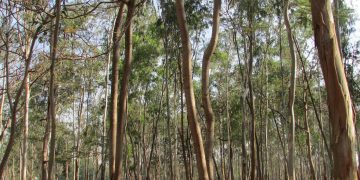


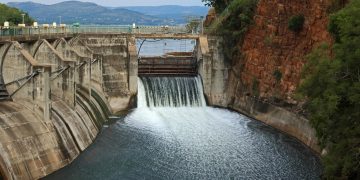















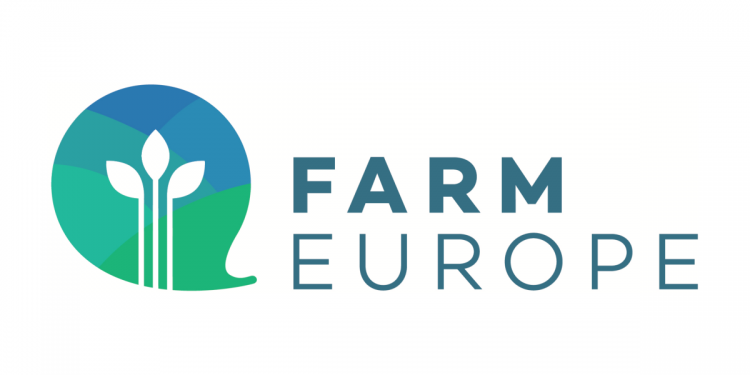
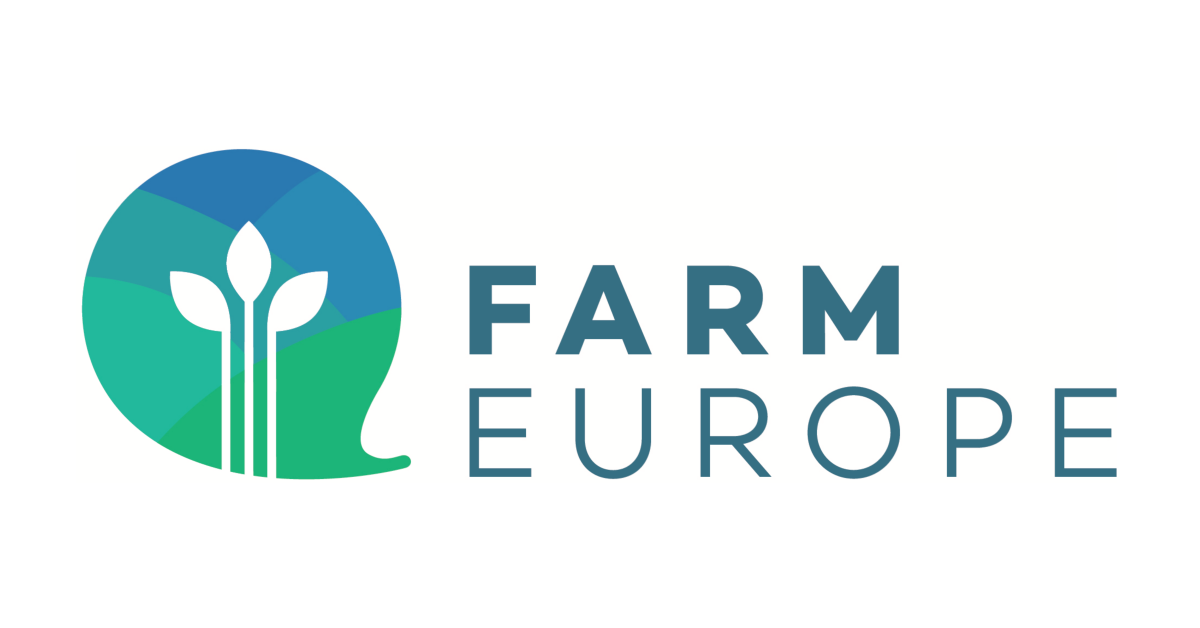

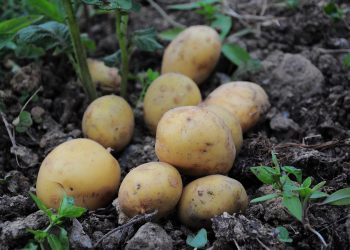
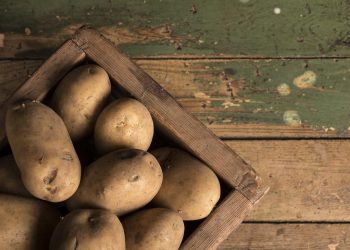




























Discussão sobre este post